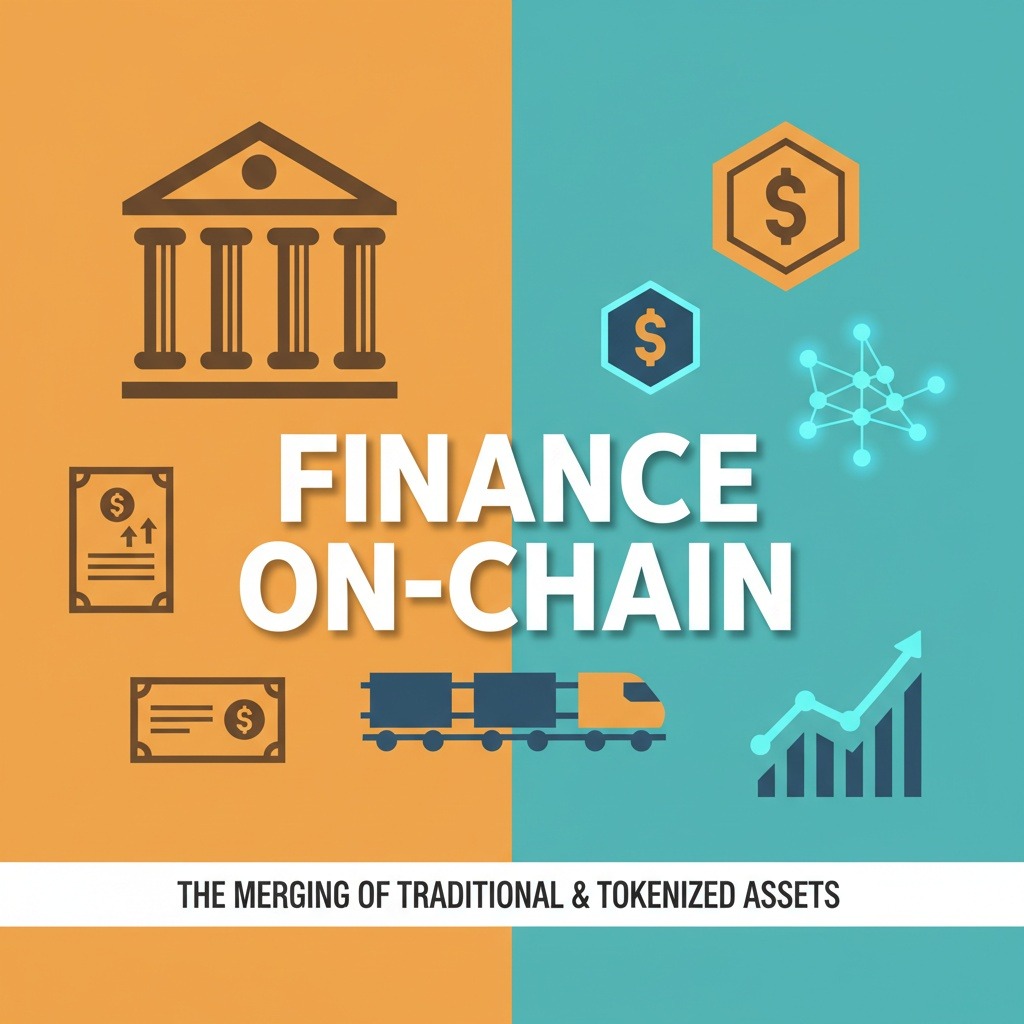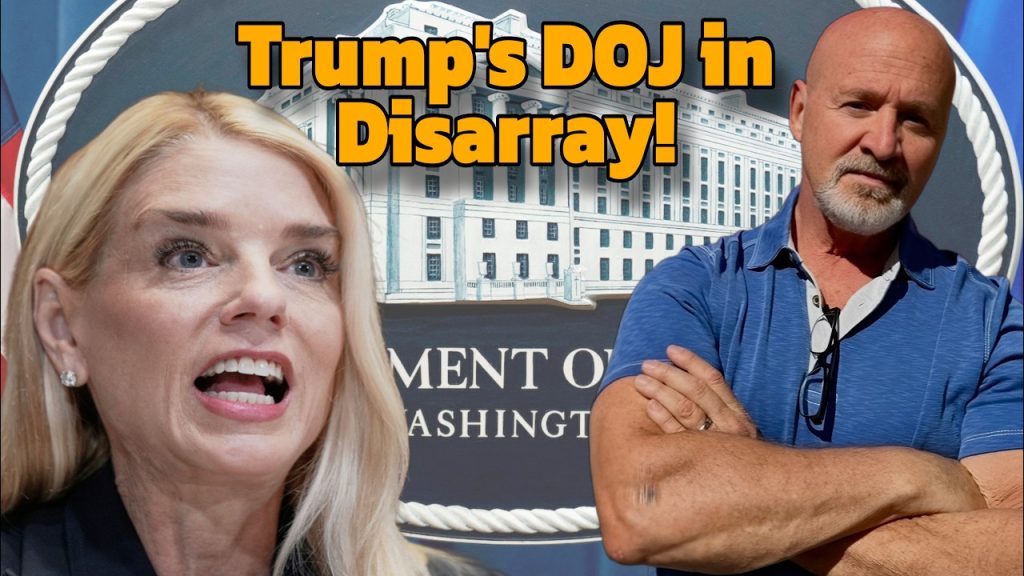SINGAPORE — At the Token2049 conference in Singapore, Vlad Tenev, CEO of Robinhood, delivered a compelling message about the future of finance and technology. He described tokenization as a rapidly approaching phenomenon, set to revolutionize the traditional financial landscape.
Tenev characterized tokenization as a “freight train” speeding towards the core of established financial systems, emphasizing that the lines between cryptocurrency and traditional finance are destined to blur. “Crypto and traditional finance have been living in separate worlds, but they’re on a path to merge completely,” he observed. “In the foreseeable future, virtually all assets will transition to on-chain formats, rendering previous distinctions obsolete.”
Currently, Robinhood is at the forefront of this change, having introduced tokenized stocks in Europe and providing access to private shares from acclaimed startups, including OpenAI. Tenev expressed confidence in the potential of a future where assets are traded 24/7 in a global digital environment. “Just as stablecoins have emerged as the primary mechanism for accessing dollars digitally, tokenized stocks are set to be the standard for investors outside the U.S. seeking exposure to American equities,” he stated, highlighting the company’s strategic decision to launch stock tokens first in Europe.
Despite some optimism within the crypto community regarding the evolving digital asset regulations in the U.S., Tenev indicated that the country still needs to catch up with developments in Europe. He pointed out that there is currently little pressure to implement changes that would allow for the around-the-clock trading of tokenized stocks since the existing system is functioning adequately. He likened this situation to the United States’ lack of high-speed rail infrastructure, which is commonplace in Europe and Asia. “The biggest challenge in the U.S. is that the financial system generally works fine,” he remarked. “This comfort stifles urgency for progress; much like the absence of bullet trains, medium-speed options suffice well.”
Looking ahead, Tenev shared Robinhood’s next ambitious project: tokenizing real estate. He noted that the mechanics of tokenizing property are fundamentally similar to those used for private companies like SpaceX or OpenAI, involving the structuring of assets into a company framework followed by the issuance of tokens. Despite OpenAI’s assertion that the move to tokenize its private shares was “unauthorized,” Tenev dismissed concerns surrounding regulatory issues. He suggested the primary obstacles are rooted in legal challenges rather than technical limitations.
As Europe progresses toward embracing tokenization, Tenev highlighted that the U.S. may lag behind. Nonetheless, he sees real estate as a natural progression in Robinhood’s vision for tokenization, positing that one day this asset class could be traded as seamlessly as stocks or stablecoins. “Ultimately, tokenization will encompass the entire financial system,” he concluded, reinforcing his belief in the transformative power of this technology.



